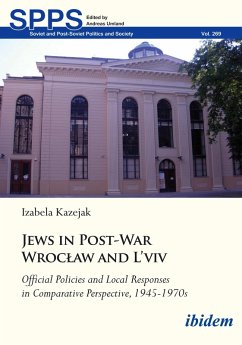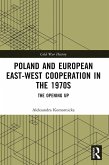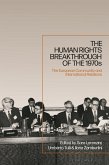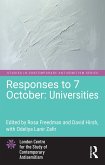This book examines the process of re-establishment of Jewish communities in two post-war European cities - in Wroclaw which passed after 1945 from Germany to Poland, and in L'viv which passed from Poland to the Soviet Union. These processes were thus overseen by two different Communist regimes. The book compares similarities and differences in the policies of the two countries. The attempt to re-establish full-blown Jewish life failed, in both cases. This study explains why the efforts to create communities that were self-identified as Jewish and loyal to the Communist state did not succeed. After reviewing the prewar history and wartime destruction of Jews in German Breslau and Polish Lwów, the book explores the efforts of the postwar regimes, supported by Jews who had survived the Holocaust, to reconstitute Jewish life. It examines the history of the nascent communities up to 1968 in Wroclaw and up to the 1970s in L'viv. The comparison is made in relation to five inter-related contexts. These contexts are the official policies towards Jews of the governments of the Polish People's Republic and Ukrainian Soviet Socialist Republic, how these central policies were implemented at the local level, the particular national frameworks of Jewish life in communist Poland and Soviet Ukraine, the effects of popular and official antisemitism on postwar Jewish communities in Wroclaw and L'viv, and the repercussions of the economic and social modernization of the Communist regimes for local Jewish communities.
Dieser Download kann aus rechtlichen Gründen nur mit Rechnungsadresse in A, B, BG, CY, CZ, D, DK, EW, E, FIN, F, GR, HR, H, IRL, I, LT, L, LR, M, NL, PL, P, R, S, SLO, SK ausgeliefert werden.









